As any dog owner knows, unpleasant smells definitely come with the territory.
Whether dealing with a stinky wet pup, or taking care of their unpredictable bowel movements, a canine household can quickly turn into a smelly household.
But I had no idea that not every doggy smell is normal — particularly when it comes to their breath. In fact, bad breath can actually be a sign that your dog's health is at risk!
WebMD writes, "Most often, canine bad breath is caused by dental or gum disease… However, persistent bad breath can also indicate larger medical problems in the mouth, respiratory system, gastrointestinal tract, or internal organs."
Scroll through below for an exclusive look at the surprising potential causes of your dog's bad breath, as well as several tips for dealing with it.
I've heard of pet owners brushing their dogs' teeth before, but I didn't realize that bad breath could be coming from something completely unrelated, like diabetes or even throat tumors!
Does your dog have chronic bad breath? Which of these potential causes came as a surprise to you? Let us know in the comments!
Is Bad Breath Really A Big Deal?
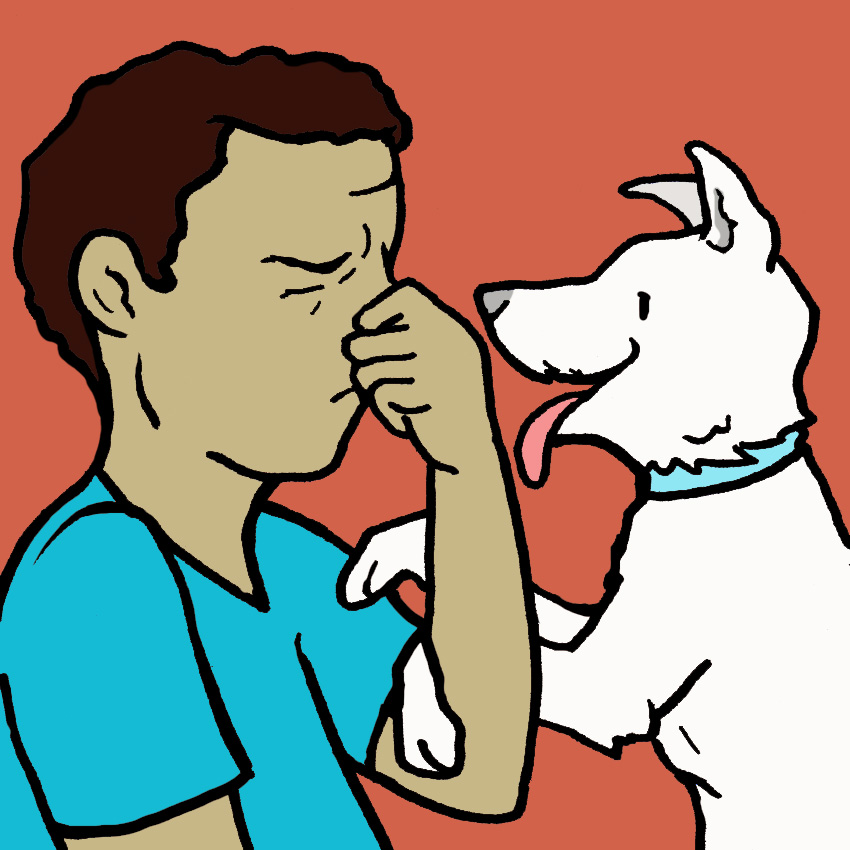
Canine bad breath — or halitosis — can be a serious sign that something abnormal is going on with your dog's health.
According to WebMD, "Bad breath is the result of a build-up of odor-producing bacteria… In all cases, halitosis is a red flag that should be investigated."
Keep scrolling to see the surprising potential causes of your dog's bad breath and what you should do about it!
What's Causing It? Cause #1: Periodontal Disease
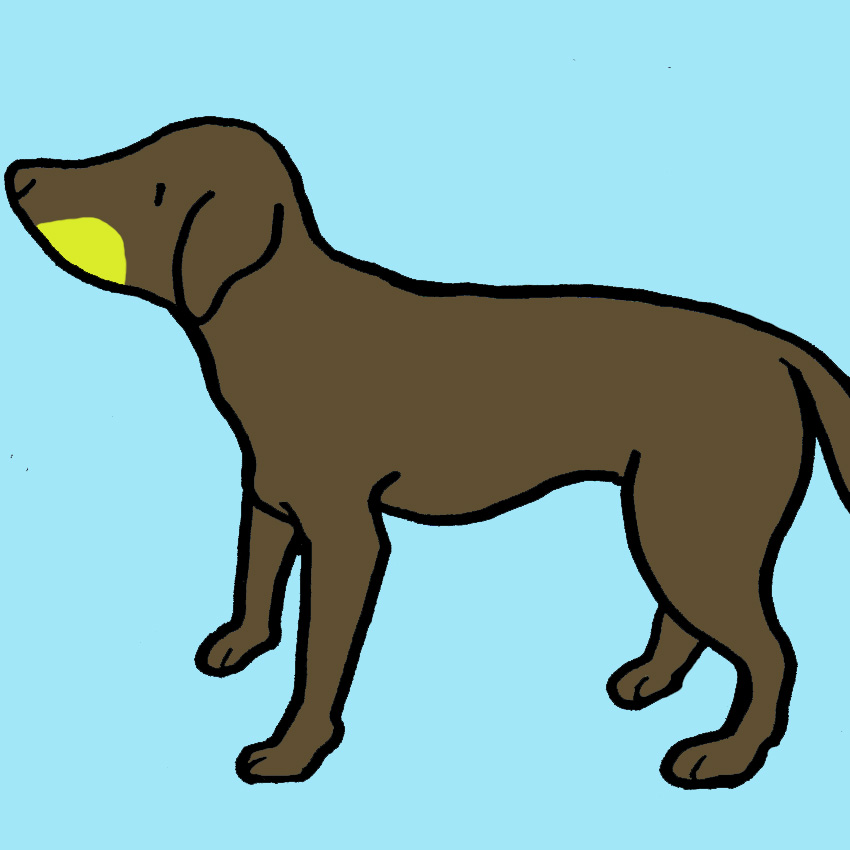
The most common cause of canine bad breath is periodontal disease. This cause also happens to pose the lowest risk to your dog's overall health and well-being.
PetMD writes that this is "a disease resulting from bacteria in the mouth. Bacteria is also associated with plaque and cavities."
While periodontal disease may not sound all that serious, it can be quite painful for your pup and can occur in conjunction with other mouth diseases. It is best to have your dog's mouth checked by your vet.
Cause #2: Diabetes
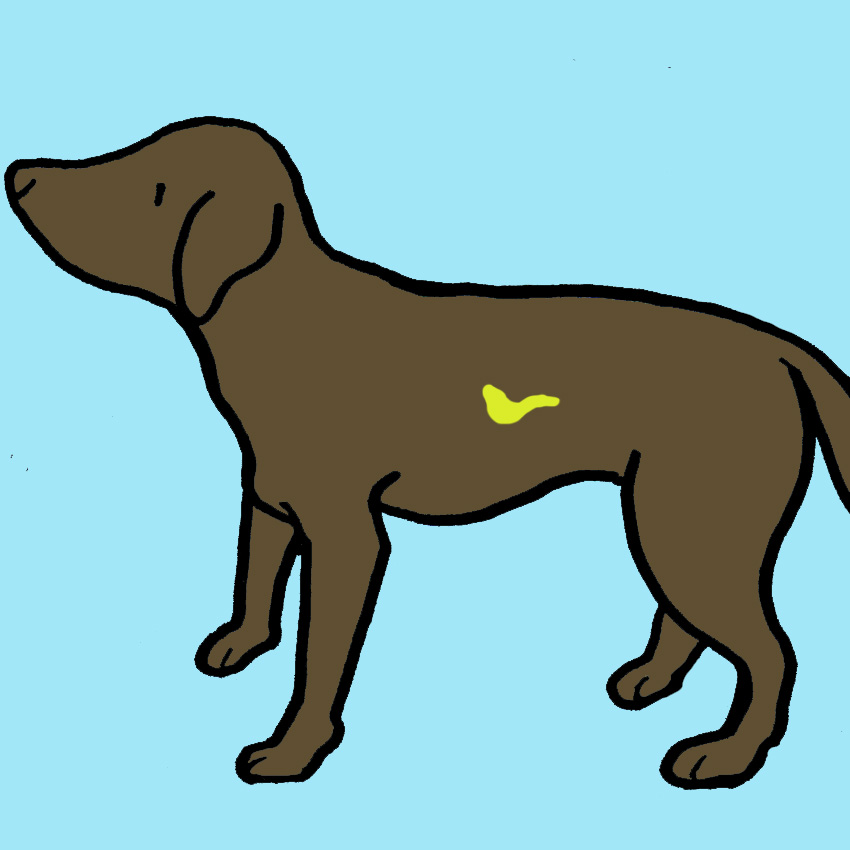
Beyond simple hygiene problems, your dog's bad breath can be coming from something much more serious, like diabetes.
In fact, according to PetMD, "A variety of conditions may lead to halitosis, including metabolic disorders such as diabetes mellitus (commonly known as sugar diabetes)."
Cause #3: Oral Or Throat Tumors
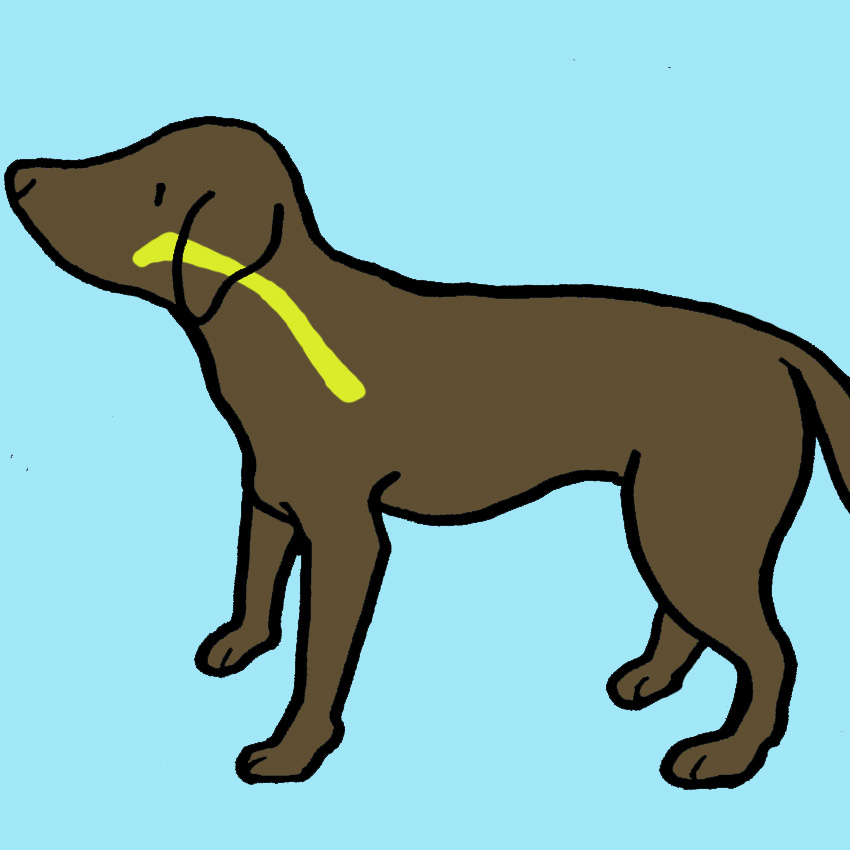
Canine cancer can seem difficult to detect, but bad breath can be a sign that something may be going on.
Dr. Kelly Ryan writes, "While 'dog breath' is common, if you notice unusually foul odors coming from the mouth, nose or rectal area, it may be due to a tumor."
These tumors could be forming in the mouth or throat and need to be checked for immediately.
Cause #4: Digestive Problems
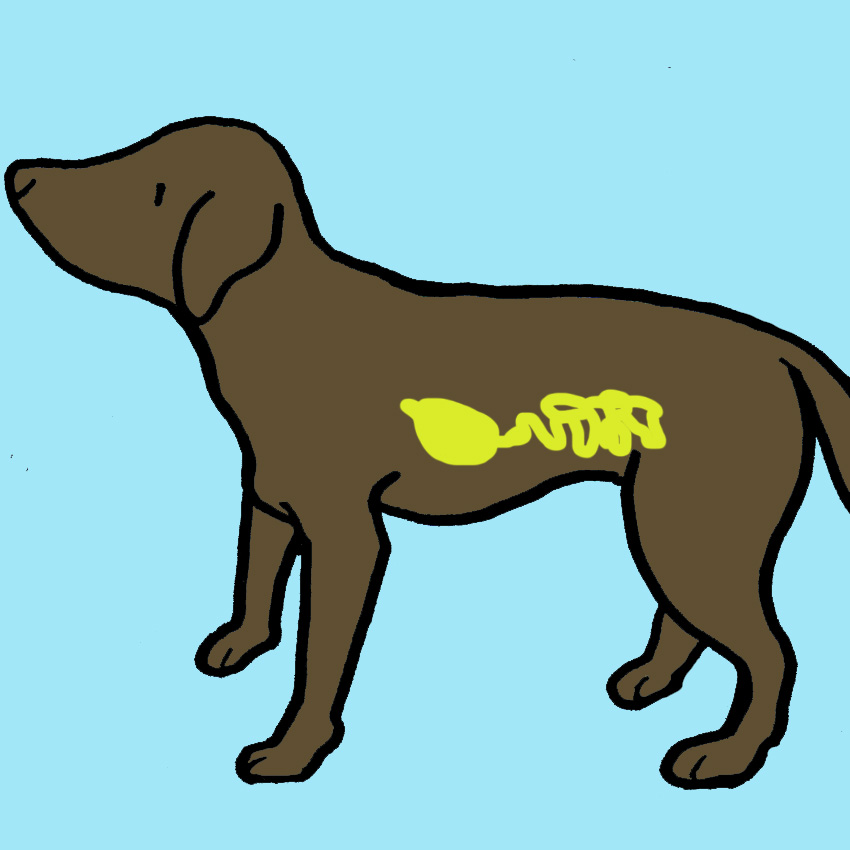
Dr. Marty Becker explains, "If there's unhealthy bacteria in the intestinal tract, it can persist and worsen, causing bad breath."
This bacteria can be creating serious digestive problems for your pup, and may require medical attention from your vet.
Cause #5: Kidney Disease
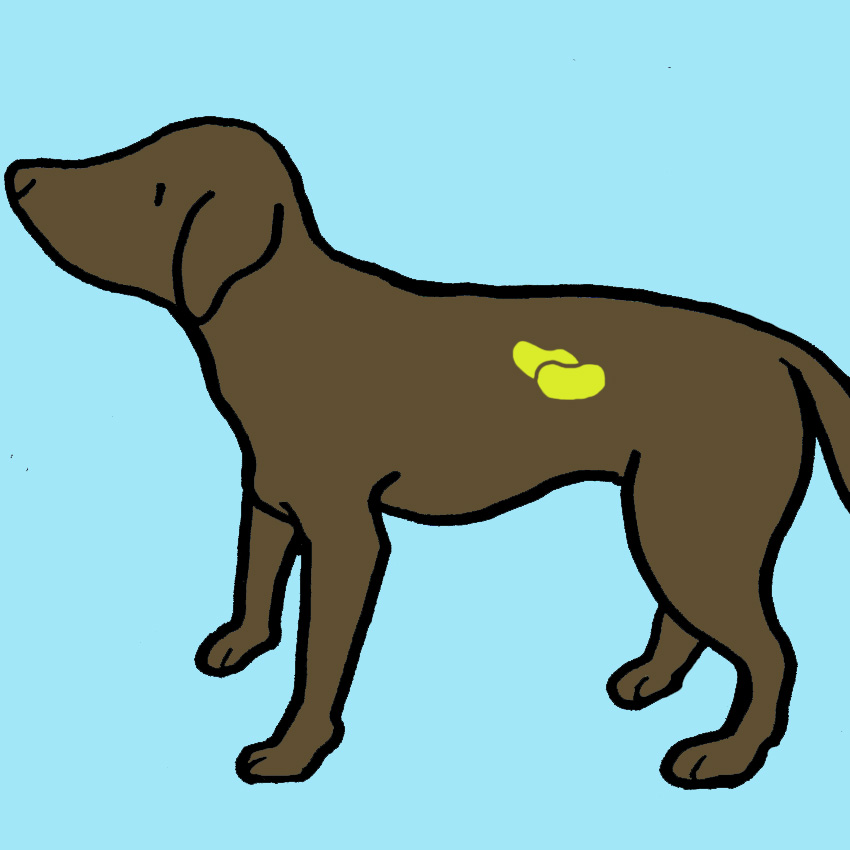
You might not know exactly what's going on inside your pet's body, but one symptom of kidney disease to watch for is canine bad breath.
Vet Street reports: "Diseases that affect the body's metabolic balance or allow for the presence of abnormal levels of certain toxins in the blood can yield impressive mouth odors.
"Kidney disease is the most well known of these."
Cause #6: Respiratory Problems
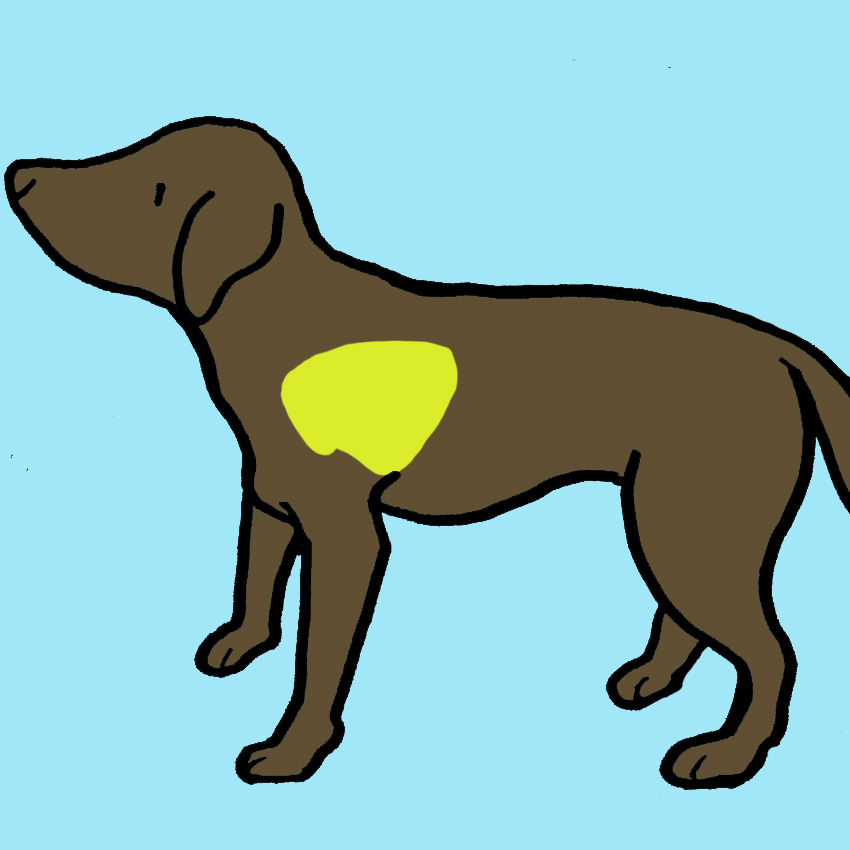
Just as with humans, respiratory problems in pets need to be taken very seriously.
And according to PetMD, canine halitosis may show that your pup's respiratory system is at risk.
These problems include "inflammation of the nose or nasal passages (rhinitis) and inflammation of the sinuses (sinusitis)."
What Can I Do About It? Tip #1: Practice Good Dental Care
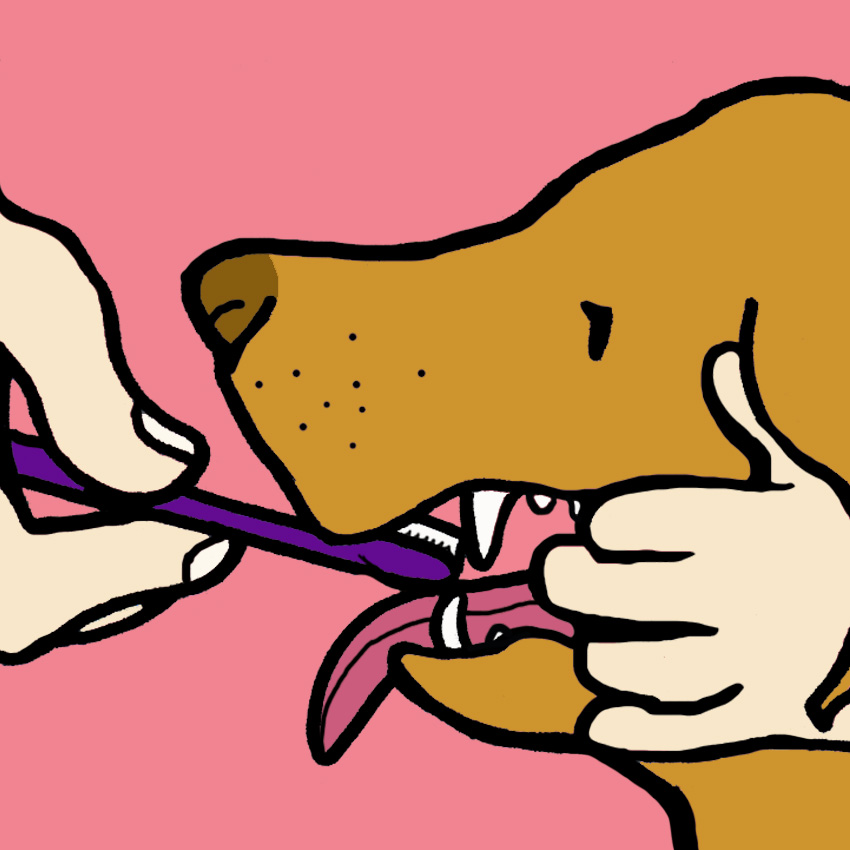
There are special doggy toothpastes out there that are specifically formulated for them.
Pick up a tube and make sure you are brushing their teeth as often as possible.
WebMD says, "Every day is ideal."
Tip #2: Use Hard Chew Toys
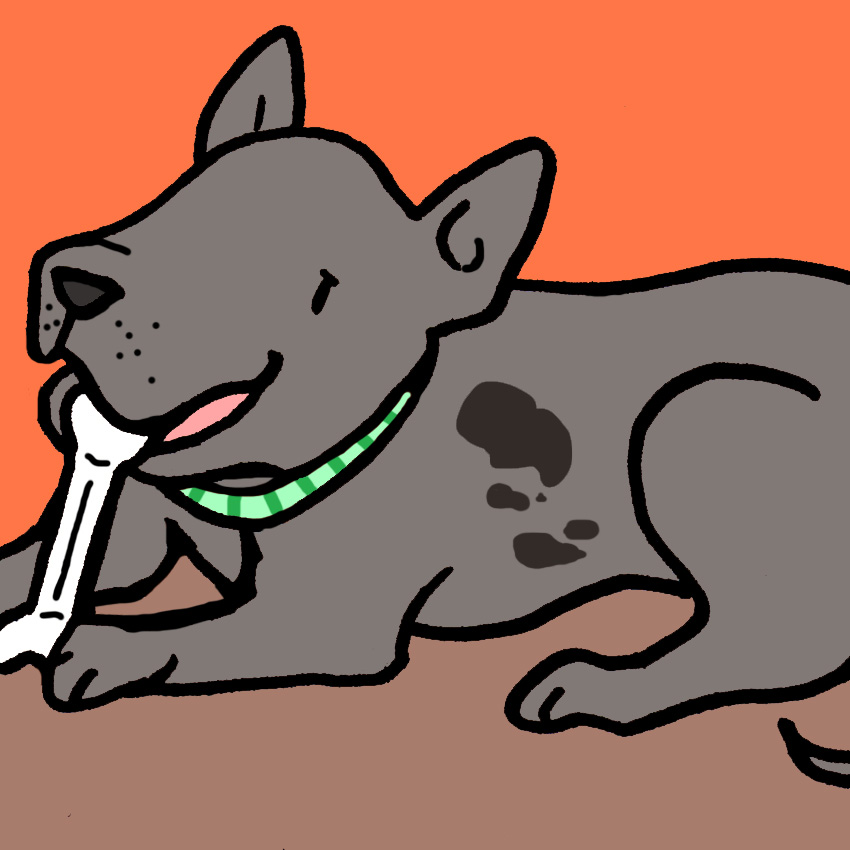
Many pet owners don't know that some hard chew toys can clean the teeth and mouth on their own.
This can be particularly helpful for those pets whose bad breath is caused by periodontal disease!
Tip #3: Adjust The Diet
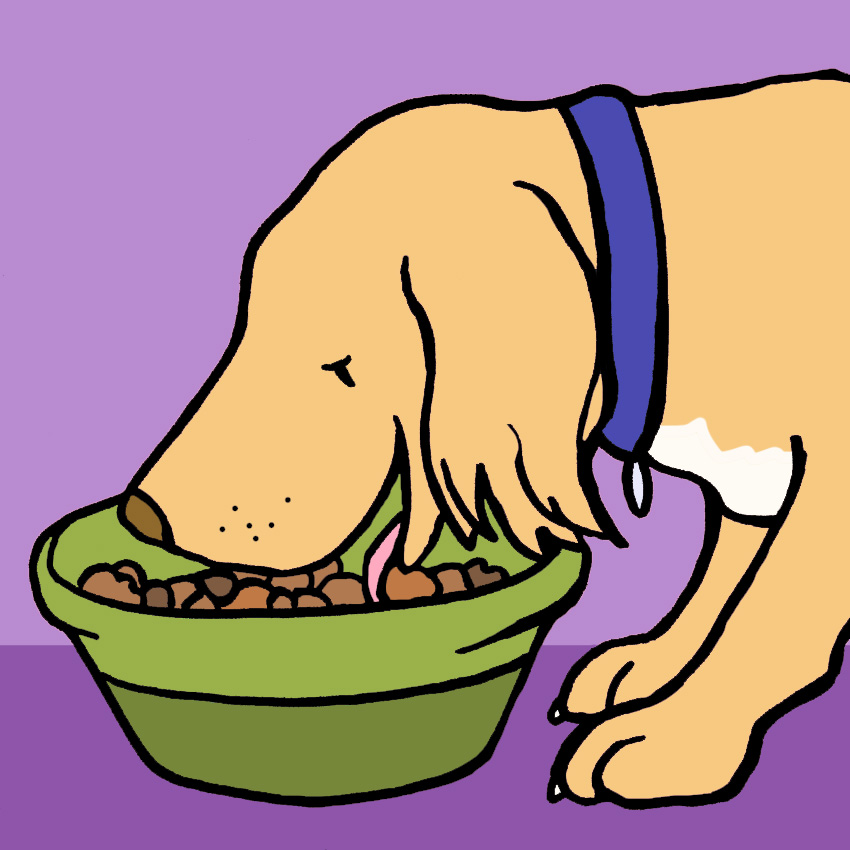
To help with the digestive problems that may cause bad breath, WebMD suggests that you "feed your dog a high-quality, easy-to-digest food."
There are also certain treats out there specifically made for bad breath.
WebMD continues, "Give your dog well-researched treats formulated to improve breath odor."
Tip #4: Visit The Vet
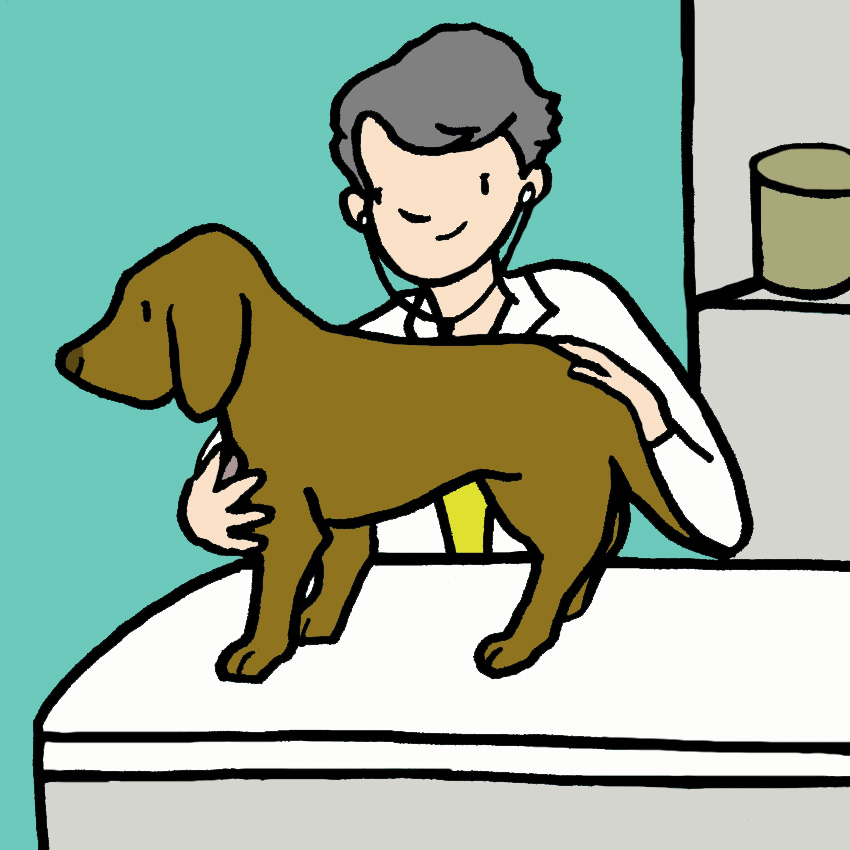
But truly, the most important thing you can do if you notice that your dog has bad breath is take them to the vet.
Since our pets aren't able to tell us themselves, only your vet will be able to determine which (if any) of these surprising causes may be behind your pup's halitosis.
A quick trip to the vet can save your dog from possible illness and pain down the line!
Which of these potential causes surprised you the most? Does your dog suffer from bad breath? Let us know in the comments.
Please SHARE this vital information with other dog owners in your life!




